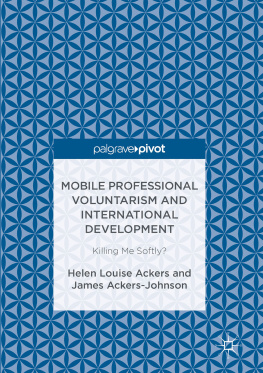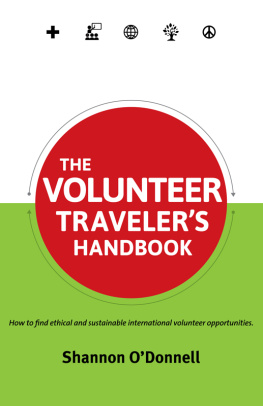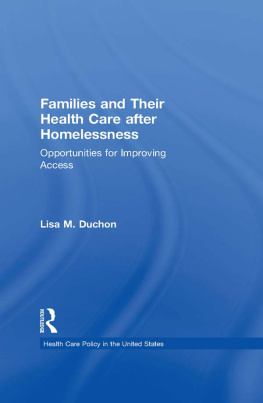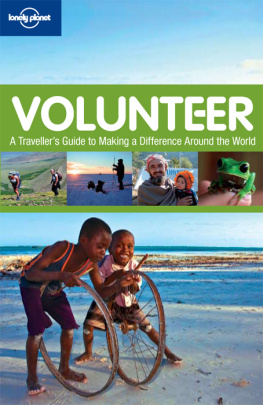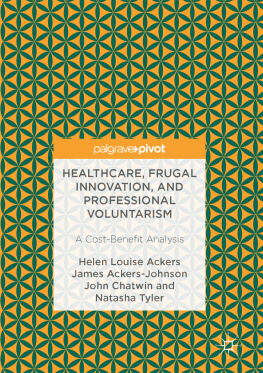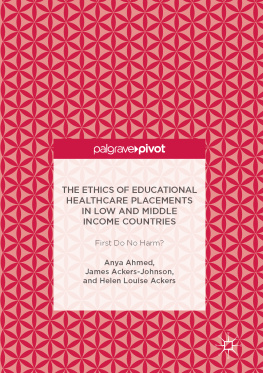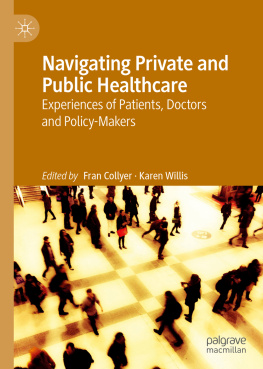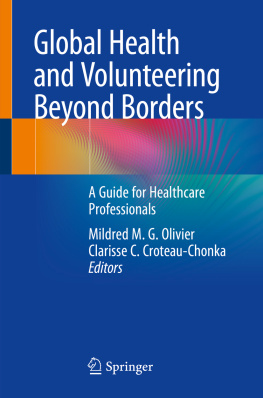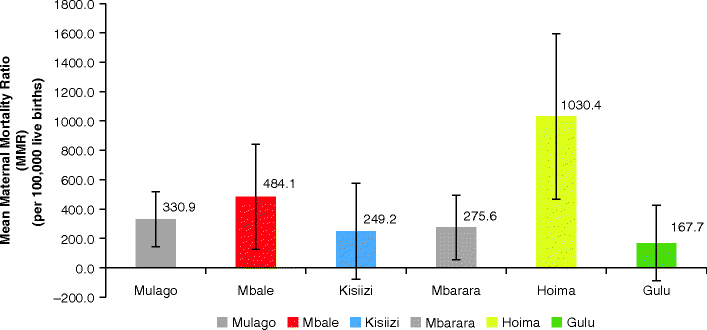Introduction
This book reports on our experiences of managing and researching the deployment of professionals employed in the UK, primarily but not exclusively in the National Health Service (NHS), to public health facilities in Uganda. and on the impact on hosting Ugandan healthcare facilities and health workers. This book focuses on the second dimension capturing the impacts of these kinds of intervention on the receiving/hosting country or the development perspective.
Whilst the work is deeply and necessarily contextualised, the results create important opportunities for knowledge transfer and lesson learning in other fields of health and social policy and in other low- and medium-income countries.
Development, AID and Inequality
Countries, such as Uganda, are often described either as developing (in contrast to the developed) or, more recently, as lower- and middle-income countries (LMICs) in contrast to high-income or resource-rich economies. This characterisation suggests binaries: the haves and have nots or at least a continuum from high to low resource. Of course, you may have high-income economies (such as the USA or the emerging economies of India and China) with very high and increasing levels of absolute poverty and inequality. Even low-income economies such as Uganda provide a comfortable and lucrative home to many very rich and highly cosmopolitan people with access to high-quality private health facilities both at home and across the world.
The complexity and relative character of inequality and its spatial dynamics are somewhat lost in this characterisation of international development. The project we are reporting on is focused on the public health system in Uganda and, more specifically, on the delivery of services to those Ugandan people whose only claim to health care is on the basis of their citizenship. Or, put differently, those citizens who lack the income to access a wide range of other options. In Uganda (as in India or in the USA), health status is related directly to ability to pay; the more money you have the higher your opportunities. Only those with no other options will turn to the residualised safety net, that is, the public health system. Perhaps the only factor distinguishing a country like Uganda from other countries is the fact that this is the case for a majority of its population and countries such as the USA (or China and India) have the resources, if not the political will, to significantly reduce health inequalities.
According to published data, Uganda has one of the highest levels of maternal mortality in the world. The Ugandan Ministry of Healths Strategic Plan suggests that little, if any, progress has been made in terms of improvements in Maternal Health (Millennium Development Goal 5) and, more specifically, in reducing maternal mortality (MOH
Fig. 1.1
Mean maternal mortality ratios by facility, Uganda, 20112012 ( Source : Ackers ())
These figures are shocking indeed. However, it is important not to gain the impression that all women in Uganda face an equal prospect of dying in childbirth. Data collected from the private ward in Mulago National Referral Hospital paint quite a different picture with only one maternal death recorded between January 2011 and October 2012 compared to 183 deaths on the public ward. Interestingly, the caesarean section rate on the private ward is more than double that on the main public ward (51.6% compared to 25.4%) (Ackers
The simple but important point we are trying to make at the outset is that the context within which the Sustainable Volunteering Project is deploying volunteers is best described as one of profound social inequality rather than poverty per se. And, the low-resource setting we refer to in this book is the public healthcare system in Uganda and not Uganda or Ugandan health care, as a whole.
One of the problems with the popular use of the word poverty, or even more so, the poor, is that they infer the kind of passivity displayed in media fund-raising campaigns with images of human victims needing help splashed across posters and television screens. And, the corollary of this is, of course, the helpers or good-doers who dip into their pockets. This donorrecipient model of development AID continues to taint international relationships. It is convenient and valuable to distinguish at this juncture two forms of intervention or perhaps, to avoid caricature, two contexts. Bolton suggests that, broadly speaking, AID can have two aims. It either provides humanitarian relief in response to emergencies, or it tries to stimulate longer-term development ( And emergency AID may be provided in any context without in-depth analysis of a countrys economic status or political decision making.
Bolton calculates that around 95% of AID falls into the alternative category of development aid a form of investment which is both much better value (in terms of promoting resilience) and harder to get right (: 76). This AID comes from a diversity of sources including, as Bolton indicates, charitable donations and philanthropy (of which a sizeable component are linked to religious organisations pursuing their own agendas); National AID provided by governments and International AID provided by organisations such as the World Bank and the United Nations. The boundaries between these forms of AID are fuzzy and the political imperatives (underlying national and international AID and its links with diplomacy and trade) combined with the marketing functions of charitable fund-raisers together result in an opaqueness and lack of honesty about impacts. Bolton argues that the pressure to raise funds results in a tendency to simplify and exaggerate the effectiveness of AID and concludes that, the outcome is probably the most unaccountable multi-billion dollar industry in the world (p. 79).
To put AID in perspective, the Ugandan Ministry of Health published figures indicating an annual spend of 1281.14 billion shillings (about 156.5 million). Of this, 68% (150 million) is provided by the Ugandan government and 32% (106.5 million) by donors. The growth in donor share is quite alarming, almost doubling from 13.7% in 2011 (MOH Health Partnerships are largely funded as local charities, and whilst the amount of money involved may be quite high, this is dwarfed by the real costs of in-kind contributions through volunteer labour.

